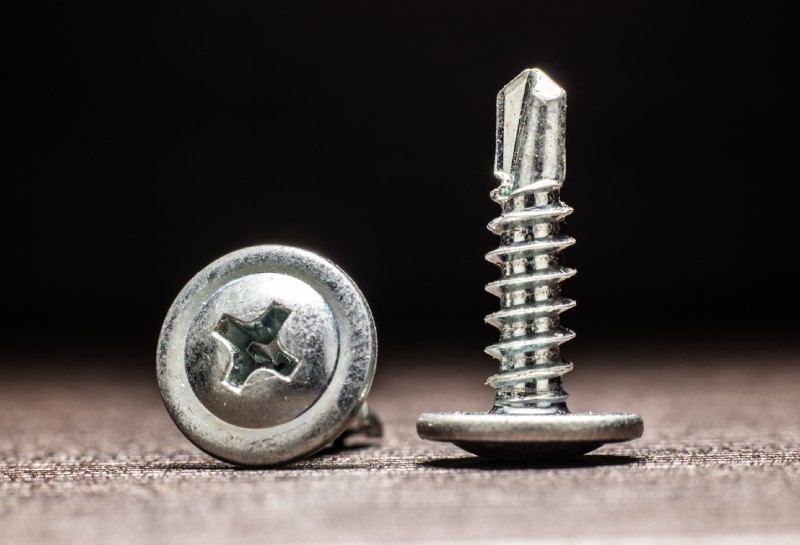When you borrow money to purchase a residence, lenders you borrow money from offer various options to suit you. Among them is the option to purchase mortgage points to reduce your interest rates. Understanding this will assist you to make advisable decisions during your home funding and help you save a significant sum on your loan.
Mortgage points allow you to pay additional costs upfront in order to save money in the long run. You will pay more upfront and have a lower rate, so your payments will be smaller across several years. This sounds great, but it’s not always the best route, so be sure to consider your circumstances and intentions thoroughly.
What are Mortgage Points?
Mortgage points or discount points are charges you make to your lender after receiving your loan. The points reduce the interest rate of your mortgage. Every point typically comes at a cost of 1 percent of your original loan sum. For instance, if you’re borrowing $300,000, your initial point would be $3,000.
Discount points and rate reductions can be related in several ways, depending on the lender and the market. Typically, your rate decreases by approximately 0.25 for every point. Lenders may offer varying rates, such as 0.125 or 0.375, for every point, depending on the market as it exists today and the specifics of your loan.
Mortgage lenders charge points as a percentage of your initial loan, not the price of your home. This is significant because if you pay a lot of money for the down payment, you will be carrying a much smaller loan than the cost of the home.
How Mortgage Points Work
When you purchase mortgage points, you prepay some interest to achieve a reduced interest rate for your loan. The payment reduces your interest and principal payment per month, thus saving you money, but it takes years for those dollars to add up.
Consider a 30-year, $300,000 mortgage. Without purchasing points, the interest rate is 6.5%, and your monthly payment is roughly $1,896. If you purchase two points at $6,000, your interest rate may decrease to 6.0%. Your new monthly payment would be roughly $1,799. This adjustment would reduce your payment by $97 monthly.
You will break even once your monthly savings equal the points costs. Here, you will break even after approximately 62 months ($6,000 ÷ $97). From there on, you will be saving money on the remainder of your loan.
Advantages of Purchasing Mortgage Points
The biggest advantage of purchasing mortgage points is the significant money you can save in the long term. Reduced monthly payments benefit your budget and decrease the overall amount of interest you pay throughout your mortgage life. In the previous example, saving $97 per month would accumulate to nearly $35,000 over 30 years, which is considerably more than the initial $6,000 you invested.
Mortgage points will assist the majority of homeowners with taxes. The IRS will typically allow you to deduct all the points when you purchase your home, provided you meet specific requirements. The tax advantage will help you achieve rapid returns, making it enticing for you to purchase points.
Purchasing points can also enable you to qualify for a larger loan, while reduced monthly payments will enhance your debt-to-income ratio, perhaps making it easier to purchase a pricier residence while adhering to lender regulations.
Picking the Right Option for Your Case
Mortgage points can be highly beneficial, but they do not come with a guarantee for everyone. It is a good idea if you will end up remaining in the home long enough to earn the money back. If you believe you will refinance or relocate within several years, it may take you too long to reap the rewards. To understand points, loan types, and mortgage rates in SC, it’s worth getting tailored advice from a mortgage broker.
Consider the funds you will require for closing costs, taxes, and your long-term housing intentions when considering mortgage points. Purchasing points generally benefits those who will keep the home for many years, but your own circumstances will guide you in making this critical financial decision.





